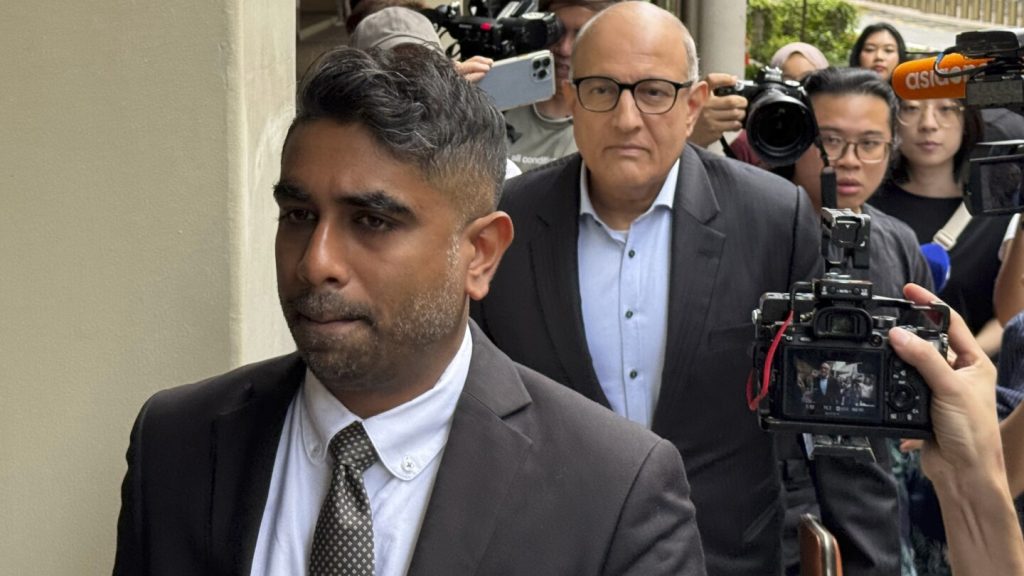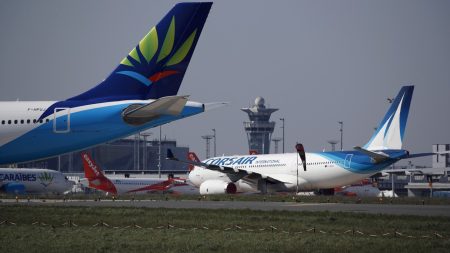Former Singaporean Cabinet minister S. Iswaran was sentenced to a year in prison after pleading guilty to charges of receiving illegal gifts, making him the first minister in nearly half a century to be charged and imprisoned. The sentencing followed a guilty plea to one count of obstructing justice and four counts of accepting gifts from individuals he had official business with. Justice Vincent Hoong emphasized the importance of high office holders avoiding any perception of susceptibility to influence by pecuniary benefits, leading to the imposition of a 12-month prison sentence despite differing positions from the defense and prosecution on the appropriate length of imprisonment.
Iswaran was initially facing 35 counts but was ultimately charged on five counts, with two counts of corruption being reduced to receiving illegal gifts. This decision by prosecutors led to 30 remaining charges being set aside for sentencing consideration. The gifts Iswaran received, valued at over 74,000 Singapore dollars, included tickets to the Singapore Formula 1 race, wine, whisky, and a luxury Brompton bike from Singapore-based Malaysian property tycoon Ong Beng Seng and businessperson Lum Kok Seng. Ong, the owner of the local Formula 1 race rights, had a close working relationship with Iswaran during his tenure as chair and later adviser to the Grand Prix’s steering committee.
Following Iswaran’s case resolution, the Attorney-General’s Chambers will decide on potential charges against Ong and Lum. Singapore’s ministers are among the highest-paid globally, and while the amount involved in Iswaran’s case may seem minor, the indictment is a blow to the ruling People’s Action Party’s clean image. Singapore has maintained a reputation as one of the least corrupt nations in the world, as indicated by Transparency International’s corruption perception index. The last Cabinet minister charged with corruption was in 1975, with another investigation in 1986 resulting in charges being dropped due to the minister’s passing before prosecution.
Iswaran resigned just before being charged, further adding to the controversy surrounding his case. The timing of his trial, just four months after the installation of new Prime Minister Lawrence Wong following Lee Hsien Loong’s resignation after two decades in office, has drawn attention to the political implications of the former minister’s conviction. The decision to delay the start of Iswaran’s sentence indicates that the legal process may not be fully resolved, leaving room for potential appeals. The rarity of a high-ranking official facing criminal charges in Singapore highlights the significance of Iswaran’s case and its impact on the country’s political landscape.















